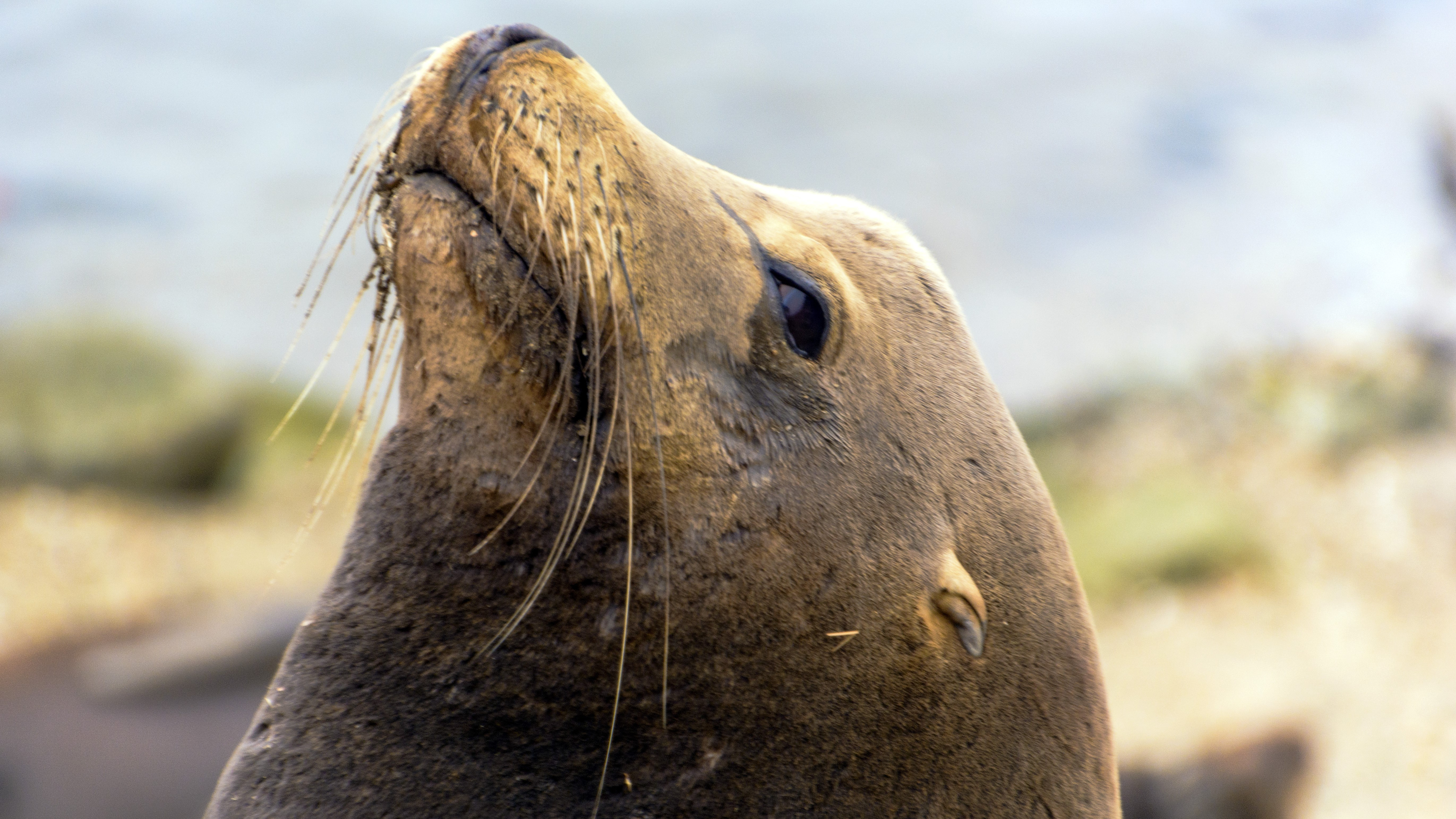
Sea lions are beautiful animals, but like most wildlife, they don't appreciate humans getting too close and can lash out if they feel threatened. It's a lesson that one man learned the hard way when visiting La Jolla in San Diego with his young son.
In a video shared via Instagram account TouronsOfNationalParks this week, the man can be seen approaching a sea lion on rocks at La Jolla Cove to take photos, then trying to pose his child near the animal, which lunges forward. The man is able to pull the boy back in time, but things could easily have gone differently.
"Even after the sea lion made an aggressive move towards his child, he continued trying to get more photos," wrote Shari, who shot the original video. "And I wasn’t kidding. As soon as he departed, another guy showed up for his own selfie."
NOAA Fisheries advises beachgoers to share the shore responsibly with seals and sea lions, and to remember that it is a violation of federal law to harass the animals.
"Move away at the first sign of disturbance or agitation," says the agency. "Seals on land are easily disturbed and may change position, move away, flee, trample or abandon their pups. Animals may become stressed and repeated interruptions by you and others may be harmful to their health or cause abandonment. Bring your binoculars and enjoy them from a safe viewing distance to protect their health and yours."
If a seal or sea lion starts to stare, fidget, or flee, it's a sure sign that you're too close. NOAA Fisheries advises staying at least 100 yards (91 meters) away to ensure you don't disturb the animals' natural behavior.
Aggressive sea lions
Last summer, holidaymakers in Southern California were warned to watch out for particularly aggressive sea lions suffering the effects of a neurotoxin (domoic acid) released by a large algal bloom just off the coast. Five people were bitted by affected animals within the space of a few weeks, and officials received hundreds of reports of sea lions in distress.
"If you get bit by a sea lion, you have to worry about two things," Alissa Deming of the Pacific Marine Mammal Center in Laguna Beach told NPS in July. "Number one, the trauma associated with that bite. And also, there's a lot of bacteria both in their mouths and in the ocean water itself, and that can result in significant infections."
- The best water shoes: footwear for seaside hikes







